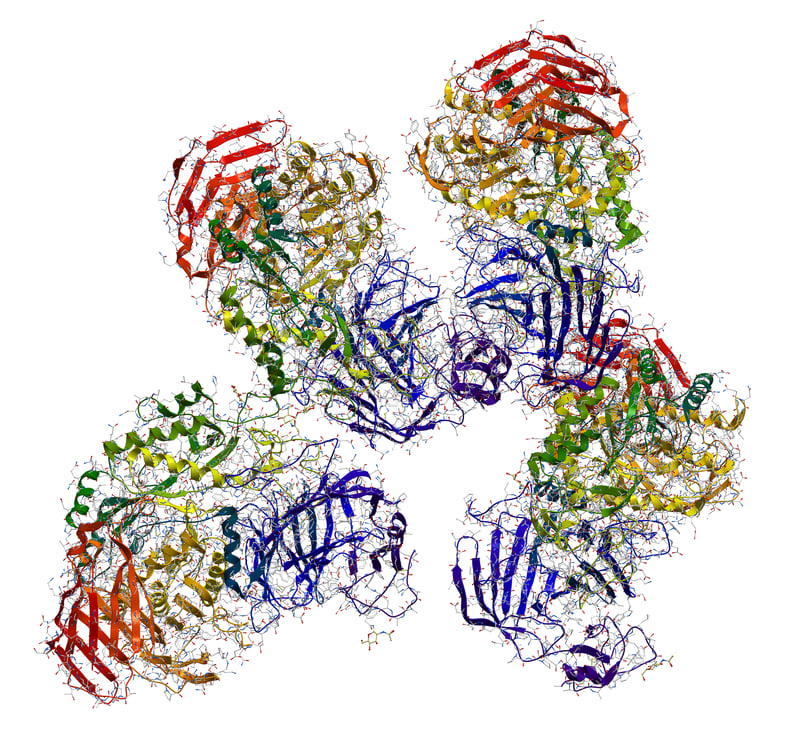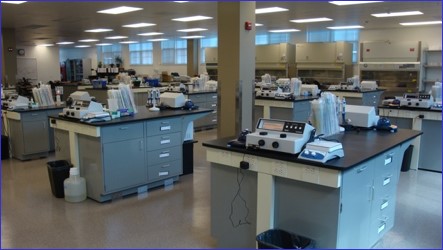Host cell proteins (HCPs) are one of the main impurities in bio-therapeutics that are carried over from the host expression system. Although HCPs are at low levels, they can trigger immunogenic reactions in the human system when administered along with bio-therapeutics. The similarity of physicochemical properties of HCPs and therapeutic proteins result in co-purification. Detection and elimination of these HCPs during bio-therapeutics purification are required. Development of analytical tools and methods for the detection of these HCPs during protein purification and quality control is a challenge. The final threshold level of HCPs varies for different bio-therapeutics, so manufacturers have
to analyze and report the HCP levels at all stages of downstream processing before the
product is released according to ICH-Q6B guidelines.
Host Cell Protein Analysis: Detection in Biotherapeutics
Topics: Protein Detection
Tips for Preventing Protein Aggregation & Loss of Protein Solubility
Maintaining the stability and solubility of target proteins before, during and after purification is one of the biggest challenges researchers often run into. Proteins are extremely sensitive to solution conditions (i.e., pH and conductivity) and temperature. They also tend to aggregate at high concentrations required for structural studies. This can be a serious problem since protein aggregation can cause artifacts and hamper the biological activity of the target protein.
Topics: Protein Extraction
Congratulations, your hard work and the powers that be have allowed you to start a biotech program and set up your very own biotechnology teaching lab. Where do you even begin?
Topics: Teaching Biotechnology
How do you break open bacterial cells in the lab? While the enzyme lysozyme is mainly responsible for lysing bacterial cells in nature, you can achieve the same effect by using particular enzymes, detergents, and chaotropic agents, and/or certain mechanical methods (e.g., sonication, repeated freezing and thawing, filtration, etc.).
Topics: Protein Extraction


.jpg?width=788&name=Protein%20Structure%20(8).jpg)




